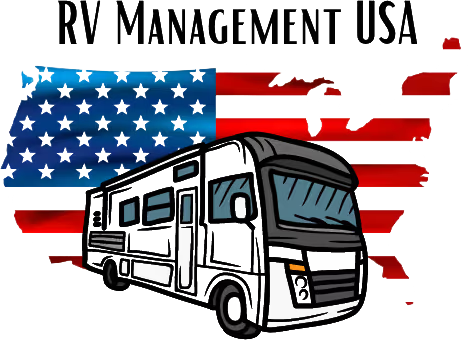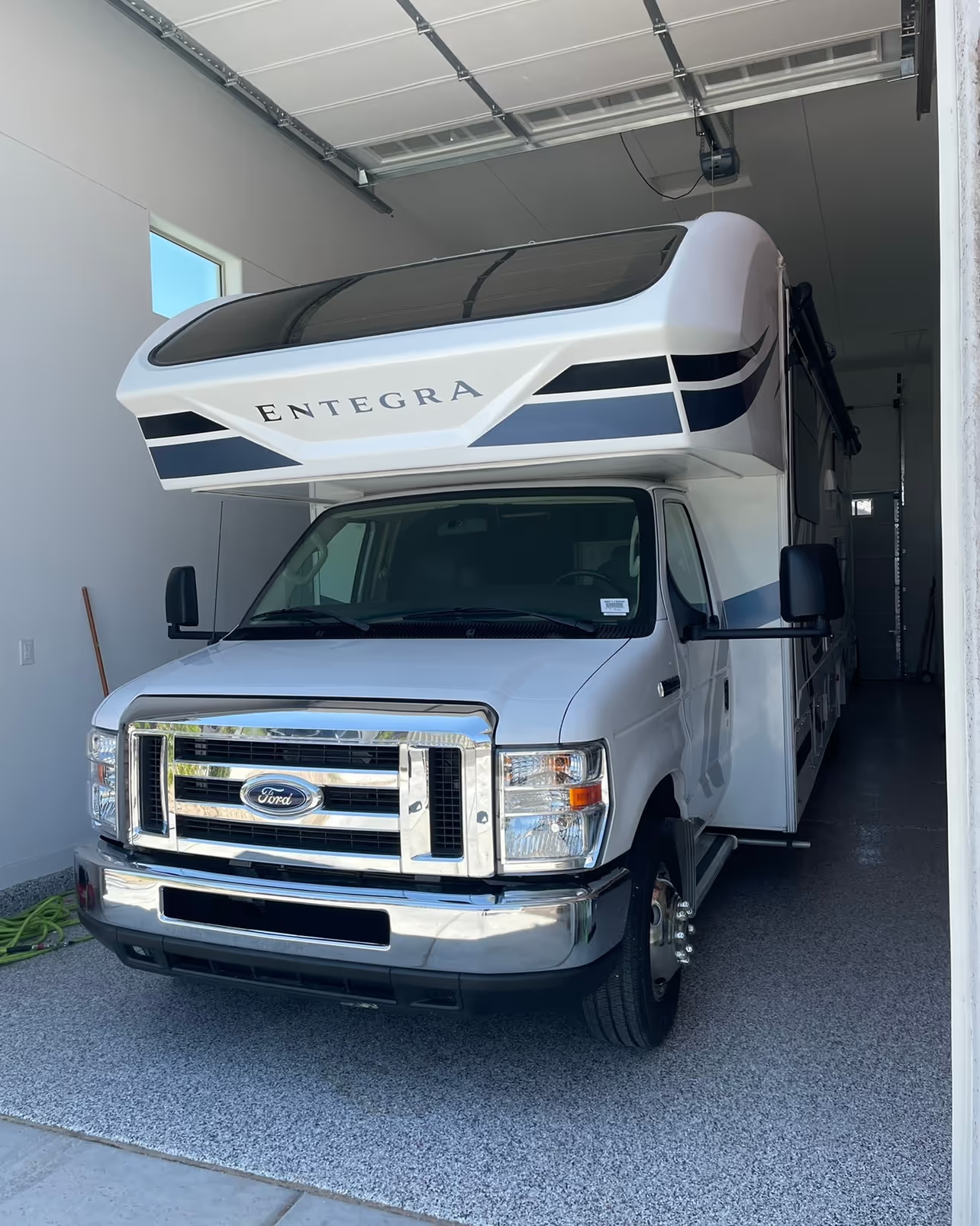Your RV is losing value every year. But here’s the good news: that doesn’t have to be a bad thing.
If you’re renting out your RV through a program like RV Management USA, that drop in value can become one of your most powerful financial tools. How? Through tax deductions, business write-offs, and smarter ownership strategies that actually make depreciation work for you instead of against you.
In this article, we’ll break down what RV depreciation is, how it impacts your bottom line, and how to use it to increase your earnings and lower your taxes.
What Is RV Depreciation?
RV depreciation is the gradual decrease in your vehicle’s value over time due to wear, age, and market conditions.
On average:
- An RV loses 15–25% of its value in the first year
- And about 10–15% per year after that
So, a $100,000 RV might be worth:
- $80,000 after one year
- $68,000 after two years
- $58,000 after three years
If you're just using it for personal trips, that's money you’ll never get back.
But if your RV is generating income in an RV rental management program, depreciation becomes a tax-deductible business expense.
Turning Depreciation into a Tax Advantage

When you rent your RV through RV Management USA's program and it qualifies as a business asset, you can depreciate its value every year and reduce your taxable income.
This is one of the biggest perks of an RV rental business.
In the U.S.:
You can use the Modified Accelerated Cost Recovery System (MACRS) to write off a portion of your RV's value over 5–7 years.
- Year 1: Up to 20%–25% of the RV’s value may be deductible
- Bonus depreciation may allow even larger first-year write-offs if the vehicle qualifies
In Canada:
You can claim Capital Cost Allowance (CCA) under CRA rules.
- Most RVs fall under Class 10 or 10.1
- The standard rate is 30% per year on a declining balance
💡 Example: If your RV is worth $90,000 and you rent it out, you might deduct $18,000 or more in depreciation in Year 1—even if you only earned $15,000 in rental income.
This kind of “paper loss” can lower your tax bill significantly and even offset other income, depending on your jurisdiction.
Requirements to Claim RV Depreciation
To take advantage of depreciation:
✅ You must treat your RV as a business asset
✅ It must be rented for more than 14 days per year (U.S. rule)
✅ You must track income and expenses
✅ You must limit personal use to remain eligible for full deductions
✅ You’ll need to file taxes properly, preferably with the help of a professional accountant familiar with RV rentals

What About When You Sell?
Yes—depreciation reduces your tax burden now, but it also lowers your adjusted cost base, which affects your taxes when you sell.
This may result in recapture tax, especially in the U.S., where any depreciation previously claimed may be taxed as ordinary income at the time of sale.
But here’s the key: If your RV has generated $50,000+ in net rental income and tax savings over five years, then even paying some taxes upon sale is still a net win.
Why Depreciation Matters More for Rental Owners
If you just use your RV for fun, depreciation is a loss. You're paying for something that's worth less each year and not generating any income in return.
But if you rent it out, depreciation becomes a tool to:
- Reduce taxes
- Improve net profitability
- Offset maintenance costs
- Turn a depreciating asset into a cash-flowing business
It’s like owning a rental property—you don't cry when the carpets wear out, because the income outweighs the loss.
Maximize Depreciation with Smart Management
At RV Management USA, we help RV owners get the most out of every season—and every deduction.
Our managers provide:
- Monthly reports for easy tax filing
- Tracking of all rental activity to prove business use
- Professional upkeep to extend your RV’s usable life
- Options for off-season repositioning or storage
- Peace of mind that your asset is always cared for and working for you
How to Start Depreciating Your RV the Right Way

Here’s a quick checklist:
- Talk to an accountant who understands RV businesses
- Track all rental income and expenses (we help with that)
- Limit personal use if you want to claim full depreciation
- Rent your RV more than 14 days/year for business
- Keep all purchase and upgrade records
Want to get fancy? Your accountant may also advise setting up an LLC or numbered company, especially if you plan to own multiple RVs or expand your rental business.
Final Word: Use Depreciation as a Wealth Tool
Depreciation isn’t something to fear—it’s something to leverage.
When you rent out your RV with a program like RV Management USA, depreciation becomes one of your biggest financial benefits. It helps you lower taxes, increase true ROI, and treat your RV like the income-producing asset it can be.
Don’t just let your RV lose value. Let it earn while it does.
— RVM Team













